Table of Contents
Carrot is a popular vegetable enjoyed by many. They are both visually appealing and nutritious. In addition to that, carrots are also versatile in culinary applications. However, the question has been asked frequently, “Are carrots good for diabetics?”.
For individuals with diabetes, understanding how carrots can fit into their meal plan becomes essential.
Some might have questions like “Do carrots raise blood sugar?” or “Do carrots have sugar in them?”. To help answer these questions and discover the diabetic-friendly potential of carrots, we have made the ultimate guide for you.
Are carrots good for diabetes?
Many people wonder if carrots are a good option for individuals with diabetes. The question of “Can diabetics eat carrots?” arises frequently among those seeking dietary guidance. Fortunately, carrots can be a beneficial addition to the diet of someone with diabetes.
One of the primary concerns for diabetics is how food affects blood sugar levels. While they do contain carbohydrates, carrots generally have a low glycemic index (1). It means that they raise your blood sugar levels less dramatically compared to other foods, say, white bread, thereby lessening the impact on blood sugar levels.
Carrots are rich in essential vitamins, minerals, and dietary fiber (2). The fiber content can aid in regulating blood sugar levels by slowing down the absorption of glucose into the bloodstream (3). Additionally, carrots are rich in the essential trace mineral called molybdenum (4). It plays a vital role in carbohydrate metabolism (4).
Carotenoids – the color pigment of carrots – may also contribute to the good relationship between carrots and diabetes. They’re known to help prevent diabetes and reduce insulin resistance (5, 6). Therefore, carrots can be good for diabetes.
Are carrots low glycemic?
To understand the impact of carrots on blood sugar levels, the glycemic index (GI) is a useful measure. The glycemic index provides an indication of how quickly a food can raise blood glucose levels.
Carrots generally have a low GI. But, the exact value of the carrots’ glycemic index can vary based on different factors. These factors include ripeness, varieties, preparation methods, and the presence of other ingredients (7). To provide a clearer picture, here’s a table showcasing the approximate carrots glucose index in various forms of preparation (8, 9, 10):
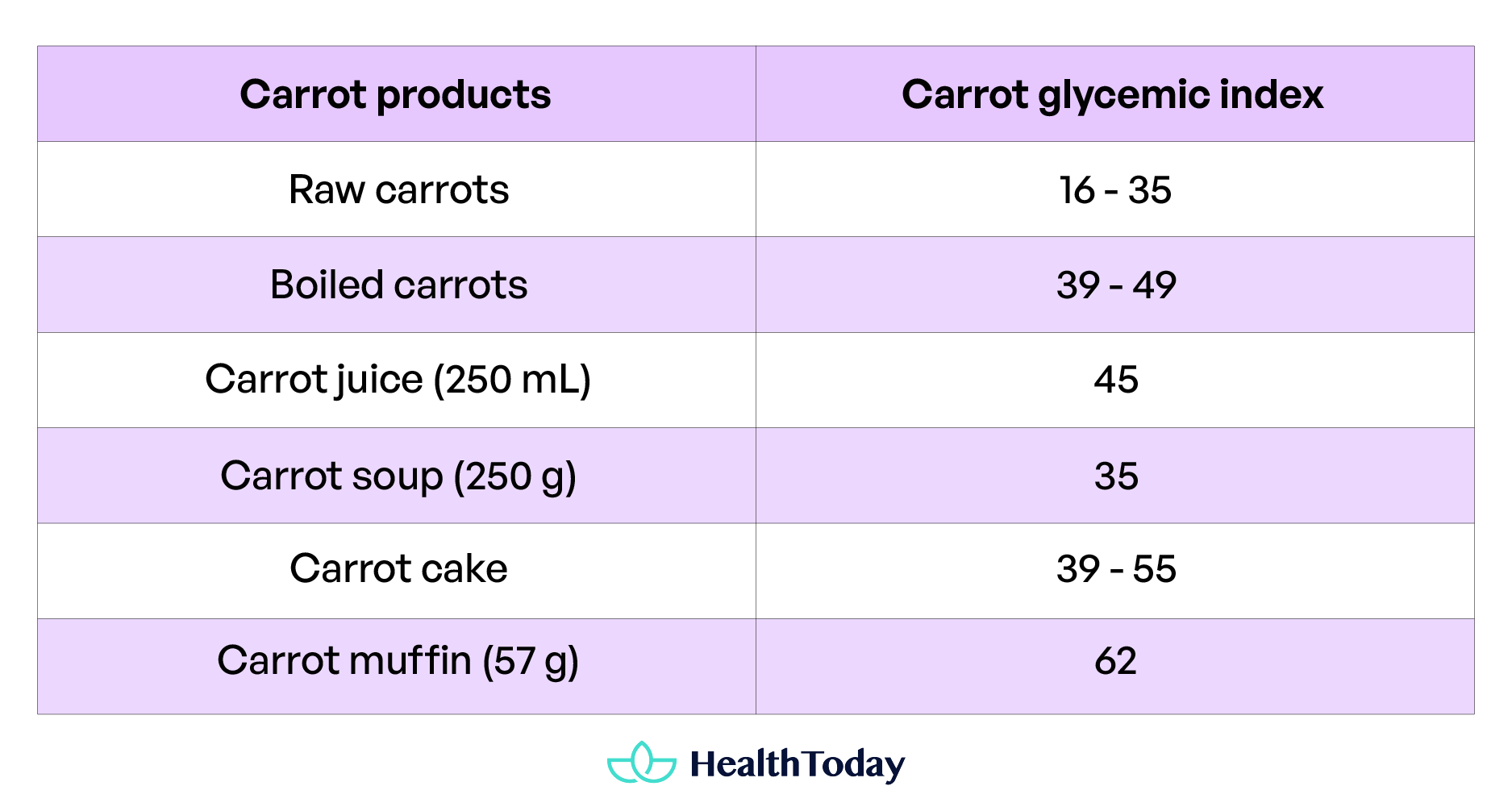
Glycemic load of carrots
Overall, raw and cooked carrots, such as boiled, soup, or juiced forms, have a low glycemic index. However, relying solely on the GI may not provide a complete understanding of their impact on blood sugar levels.
Considering the glycemic load (GL) might be important. It affects both the portion size and the actual amount of carbohydrates consumed. Carrots GL is generally considered to be low. This is due to their high fiber content. Fiber helps regulate the release of glucose into the blood, resulting in a more gradual rise in blood sugar levels (3).
It’s worth noting that when carrots are processed into juice or paste, the fiber content is reduced. This may result in higher GI and GL compared to whole carrots (11, 12). The process might present a more concentrated form of the natural sugars in the carrots.
Do carrots have sugar?
The sweet taste of carrots often leads to questions of whether carrots are high in sugar. While it’s true that carrots have sugar, the amount is relatively low compared to other fruits and starchy vegetables. Therefore, carrots belong to the group of “Non-starchy vegetables.” This makes carrots a suitable option for individuals who are conscious of their sugar intake.
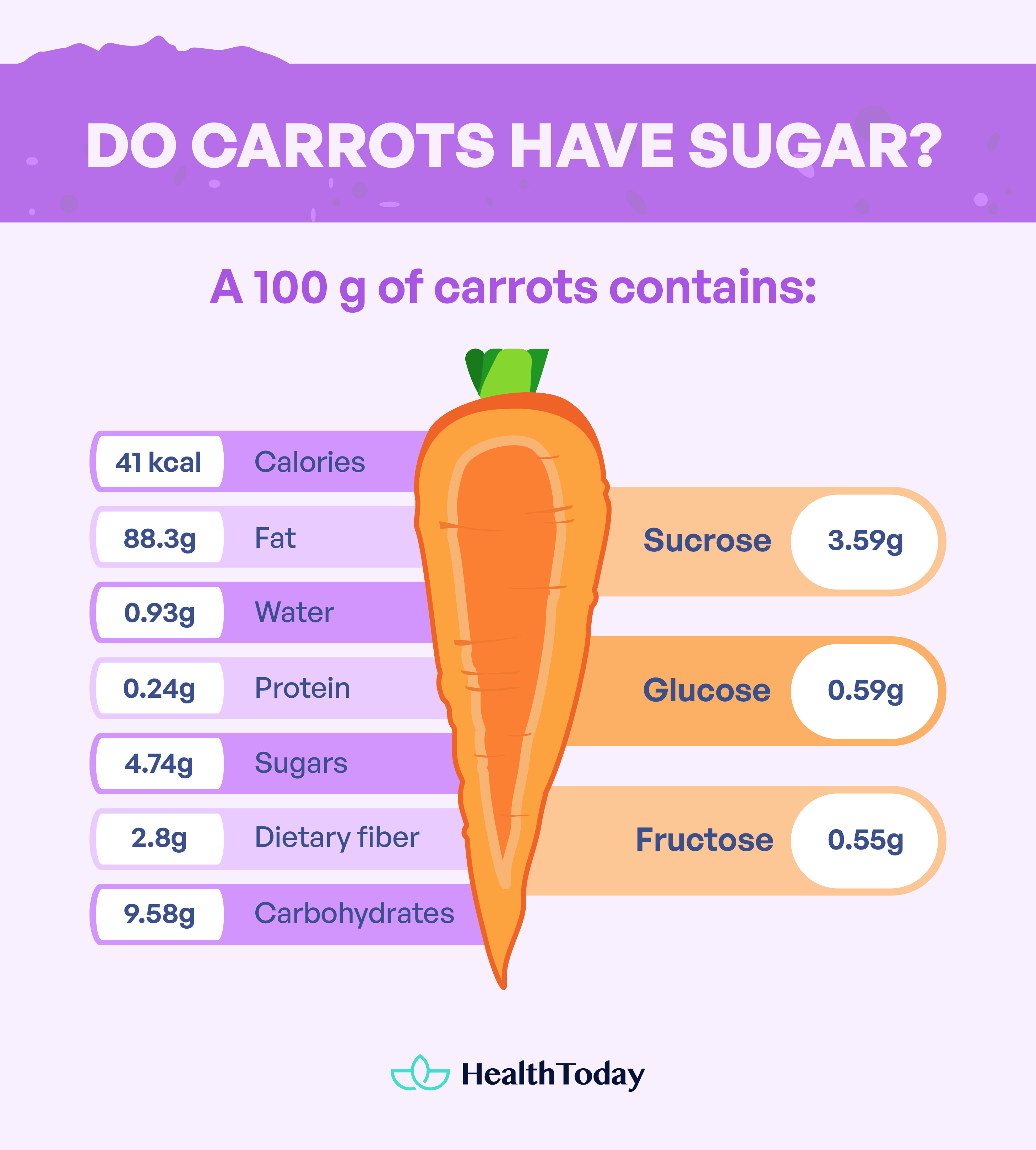
The sugars contained in carrots are primarily simple sugars such as glucose, sucrose, and fructose (13). A 100 g of carrots (two small-to-medium raw carrots; around 1.25 servings) generally contains (14):
- Calories: 41 kcal
- Water: 88.3 g
- Protein: 0.93 g
- Fat: 0.24 g
- Sugars: 4.74 g
- Dietary fiber: 2.8 g
- Total carbohydrates: 9.58 g
Carrots mainly consist of water and carbs. The carbs include starch, fibers, and sugars. To put into detail, 100 g of carrots typically have 3.59 g of sucrose, 0.59 g of glucose, and 0.55 g of fructose (14).
The sugar content in carrots shouldn’t be a concern, even for people with diabetes. This is due to the presence of fiber and carotenoids, as well as the low overall glycemic of carrots.
Best ways to eat carrots for people with diabetes
For diabetics who enjoy carrots, finding the right balance between taste and blood sugar control is important. To lower the glycemic index (GI), certain preparation and cooking methods can help. Here are some tips to explore the secrets of including carrots in your diabetes management journey.
Choose the right cooking method
Boiling and steaming are gentle cooking methods that may help in retaining carrots nutrients (15). At the same time, these methods preserve the natural fibers in carrots. This results in only a minimal glycemic index increase, making it safer to consume for people with diabetes.
Combine with other macronutrients
Balancing the glycemic load of a meal is key for individuals with diabetes. Including lean protein and healthy fats in your meal may result in slower breakdown and absorption of carbohydrates. It will then minimize the overall impact on glycemic response (16, 17).
Include fiber-rich foods
To further balance the glycemic load, combine carrots with other high-fiber foods. Incorporate ingredients like whole grains, legumes, or leafy greens into meals that feature carrots. The extra fiber will contribute to better blood sugar control and promote satiety (18)
Portion control
While carrots are generally considered a healthy food choice, portion control remains essential. Even low-glycemic foods can significantly affect blood sugar levels when consumed in excessive amounts. It’s important to be mindful of portion sizes and consider your overall carbohydrate intake to control optimal blood sugar.
5 easy and simple carrot recipes to cook at home
If you’re craving some delicious and healthy culinary adventures, look no further. We have curated a collection of 5 simple carrot recipes that you can whip up in the comfort of your own kitchen. These diabetes-friendly recipes will spark joy and add a healthy twist to your meals. Let’s dive into these delightful carrot creations!
Golden glazed baby carrots
This recipe takes the humble carrot to a whole new level of deliciousness. With just a few simple ingredients and minimal effort, you’ll create a perfect snack for any occasion. They’re not only visually stunning but also bursting with natural sweetness.
Let’s roast up some irresistibly delicious baby carrots.
Rainbow crunch salad
Bursting with a rainbow of fiber-rich vegetables, this meal includes delicate shreds of cabbage, vibrant carrots, and crisp bell peppers. This salad is a feast for both the eyes and the palate. Each bite delivers a delightful crunch and a burst of wholesome goodness. Whether you’re seeking a light lunch, a satisfying side, or a vibrant potluck contribution, this salad is a true showstopper.
Gather your ingredients and recreate this recipe.
Cinnamon-Kissed Carrot & Cranberry Melody
This artful dish combines the natural sweetness of roasted carrots with the tartness of cranberries, all elegantly enveloped in the aromatic embrace of cinnamon. Whether you’re gracing your holiday table or adding a touch of elegance to an everyday meal, this recipe is an invitation to savor the harmonious blend of textures and flavors.
Preheat your oven and prepare to delight in this dish!
Carrot bliss whoopie pies
Who says you can’t have a delicious yet healthy dessert? These bundles of joy are a whimsical combination of soft, spiced carrot cakes sandwiched with cream cheese. Each bite is a heavenly explosion of flavors and sensory experience. This is the perfect way to satisfy your sweet tooth.
Dust off your baking apron and enjoy the treat!
Chicken & veggie spring rolls
Bring a taste of summer to your lunchtime experience with our quick and fresh spring rolls – the perfect go-to option. This creation creates a balance of sweet and sour from every ingredient. It delivers both taste and aesthetic delight. Packed with nutrients, this wrap-up is a delicious and satisfying choice to fuel your day.
Roll up your sleeves and prepare the mouthwatering meal.
How many carrots can a diabetic eat a day?
There’s no set limit to how many carrots can be eaten in a day, as it depends on various factors. While carrots are recognized as good for diabetics, it’s important to practice portion control. As a rough guideline, a serving of carrots is usually around half a cup of cooked carrots or one medium-sized raw carrot.
Do carrots raise your blood sugar?
Carrots, like all foods containing carbohydrates, can increase your blood sugar levels. However, the impact of carrots on blood sugar is relatively low due to their low glycemic index and glycemic load and also the presence of dietary fiber.
Can diabetic type 2 have carrots?
Yes! In fact, carrots have a relatively low GI. It also contains carotenoids and other micronutrients that are beneficial to type 2 patients. Even so, varying responses can happen. Practicing portion control and a balanced diet can help minimize the effects on blood sugar levels.
Do carrots have too much sugar for diabetes?
No. Carrots do contain natural sugars, but they aren’t considered to have excessively high sugar levels for diabetics. They are non-starchy vegetables, which have a lower impact on your blood sugar levels compared to other foods. The low glycemic index and high fiber content of carrots make them a favorable choice, even for diabetes management.
What vegetables are best for diabetics?
For people with diabetes, it’s best to consume non-starchy vegetables. This includes leafy greens (kale, spinach), carrots, cauliflowers, broccoli, green beans, tomatoes, and bell peppers. They can be eaten raw or cooked and combined with other foods for a balanced meal.
Summary
Now you might have your conclusion for the question, “Are carrots good for diabetics?”.
Carrots are a suitable option for diabetics. They have a low glycemic index and high fiber content and contain many beneficial vitamins and micronutrients. The carrot’s glycemic index is considered low, but you should pay attention to the different preparation methods as they play an important part in the overall impact of your blood sugar.
A rule of thumb is to stick with the American Diabetes Association’s recipes since they are screened by diabetes nutritionists. If you prefer to do your own recipe search, pay close attention to see the amounts of the recipe’s sugar, salt, juices, gravy, sauces, and toppings. See if all of them are needed to make the recipe below the recommended amount set for diabetics. If not, then you may need to modify and experiment with the recipe on your own with less sugar and salt or with different ingredients.
To maintain a low glycemic index, diabetics are advised to eat boiled or steamed carrots, combine them with other foods, and practice portion control.








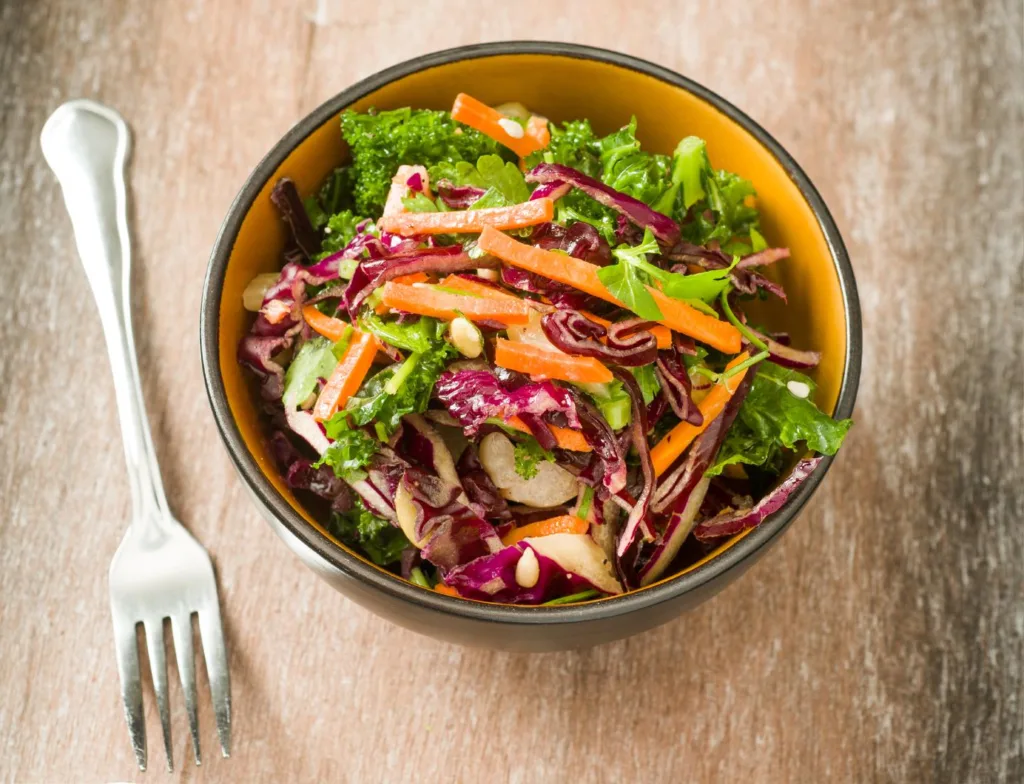

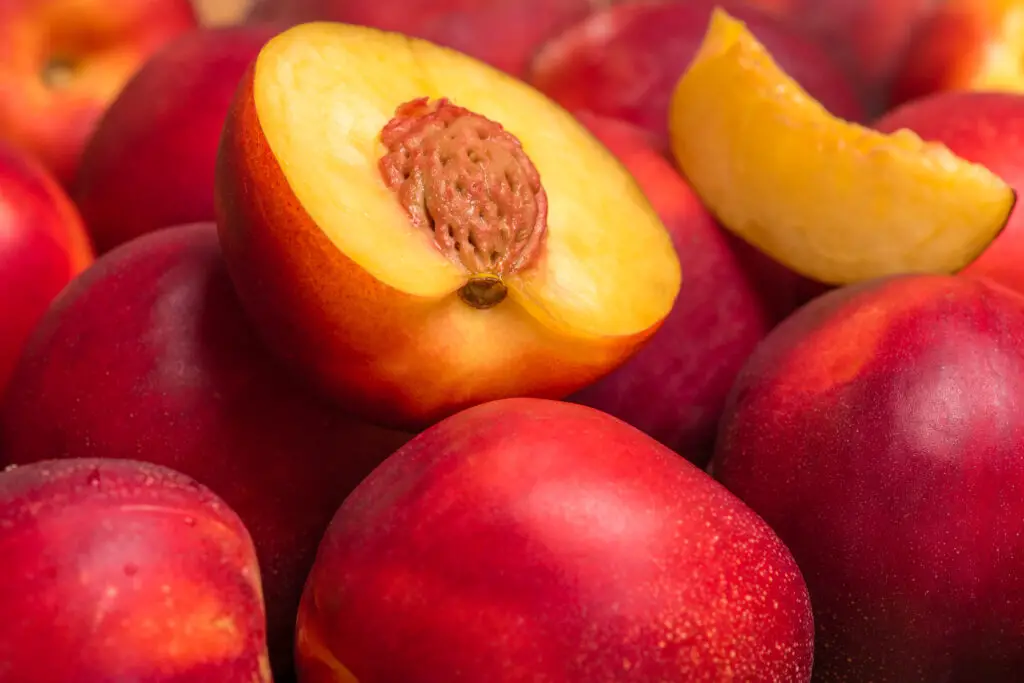





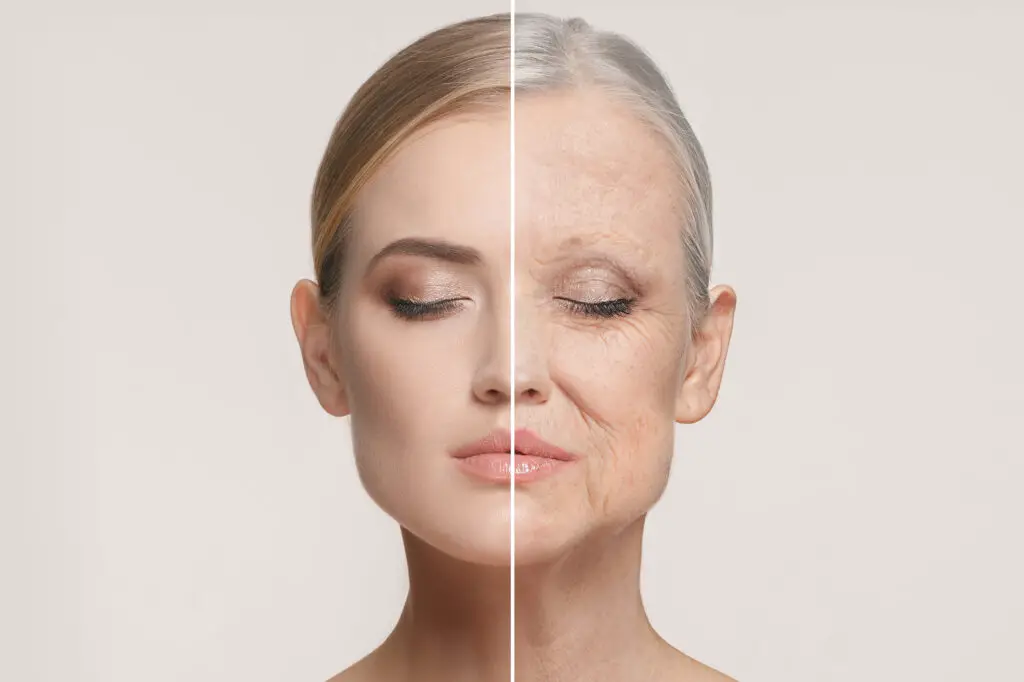
Comments
0